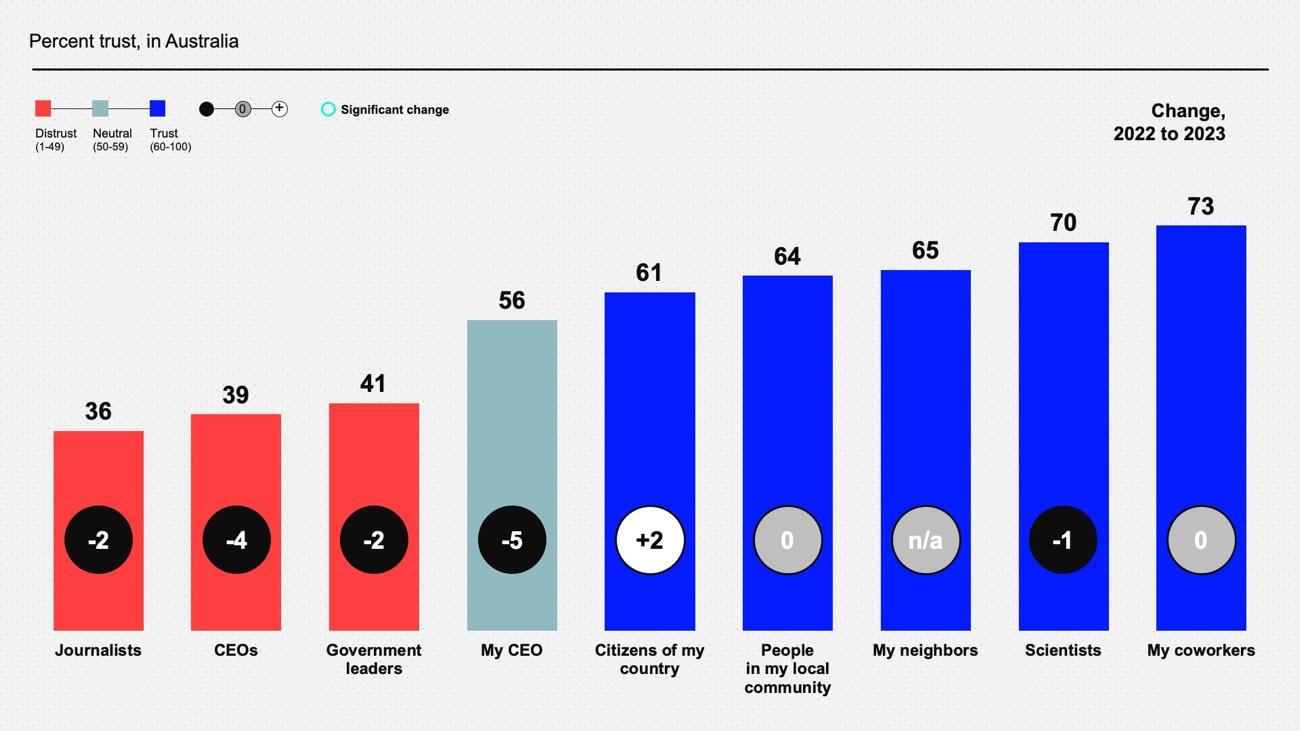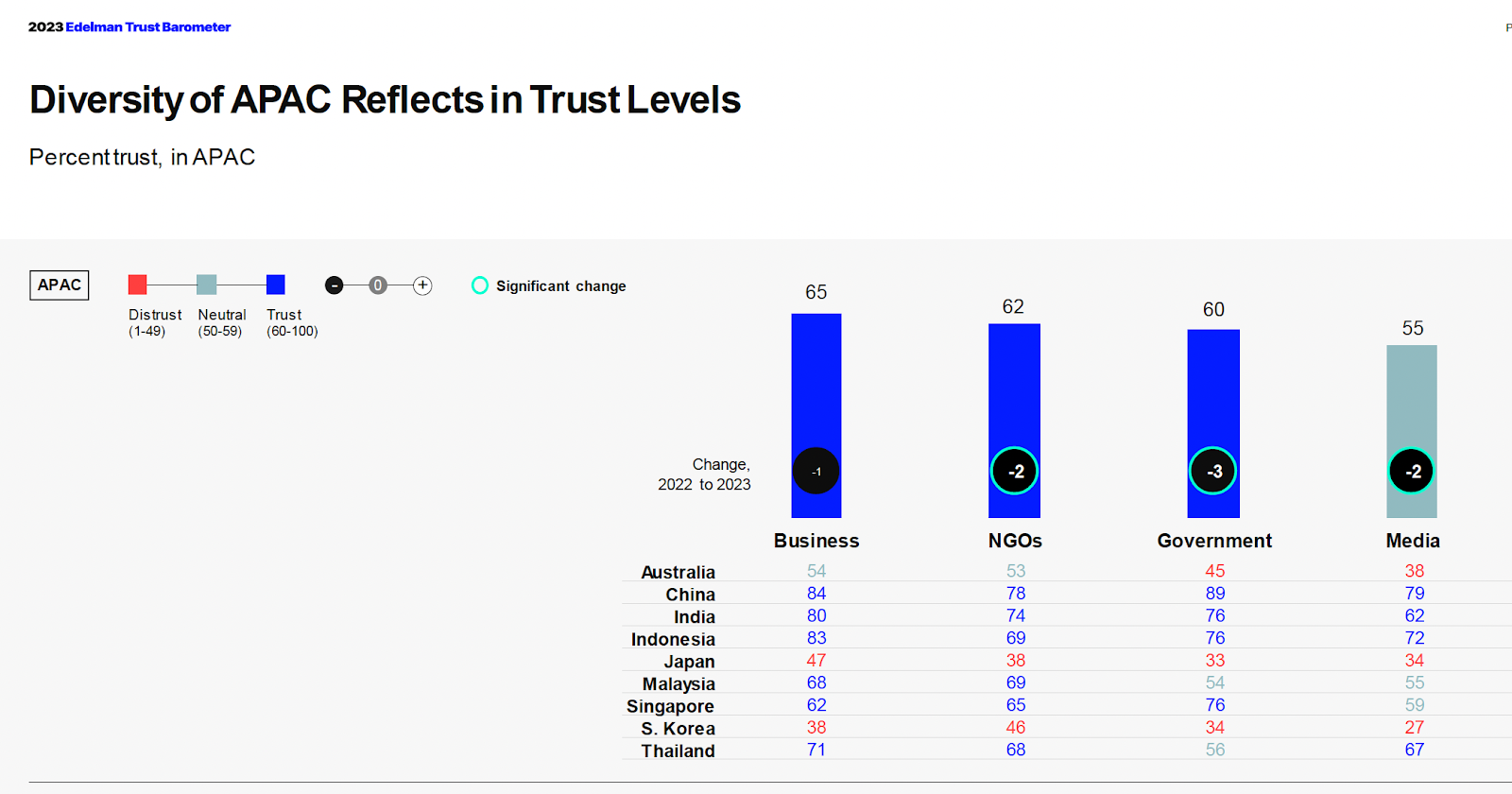Much of the support for the Voice – the proposal to insert an additional chapter in Australia’s Constitution for setting up a new Aboriginal body to advise Parliament and the government – comes from a generalised sentiment that it’s the morally right thing to do. Yet it deserves to be defeated on the twin ethics of conviction and consequences.
Ethic of Conviction
I have previously been critical of the Modi government’s efforts to dilute equality of citizenship for India’s Muslims. As an Australian citizen of Indian origin, I seek no privilege, right, or obligation of citizenship not available to every Australian. However I do claim, for myself and my descendants, every opportunity to participate in civic life that is available to any other Australian. This is the ethic of conviction: opposition to any race-based rather than needs-based claim to special access and state assistance.
Hundreds of millions of people around the world are born into all manner of disadvantages. Some allow themselves to be sucked into a self-destructive cycle of victimhood and grievance; others resign themselves to a lifetime of disadvantage; but some, trapped in identical circumstances of deprivation, apply themselves to escape the cycle through education, skills, ambition, and application.
The numbers of successful Aborigines across all sectors of Australian life have been growing. That is as much a fundamental reality of contemporary Australia as the persistent disadvantages and sorry statistics that continue to define Aboriginal life as Hobbesian: “Nasty, brutish, and short.”
Ethic of Consequences
The ethic of consequences also points to the many, substantial, and long-lasting harms from the proposal, engendering polarisation and bitterness, dividing Aboriginal spokespersons, constitutional lawyers, jurists, and citizens.
The Yes case rests essentially on the moral conviction that the Voice will entrench racial equality for Aborigines and the No case rests on the opposing principle that it will institutionalise inequality of citizenship in the Constitution. This guarantees that on the morning after the referendum, regardless of the outcome, nearly half of Australians will have their hearts broken in the firm belief that the other half is racist, either for rejecting the Voice or for approving it.
How Prime Minister (PM) Anthony Albanese believes this is the path to reconciliation, unity, and social harmony is beyond comprehension. Former PM Tony Abbott is absolutely right in his submission to the parliamentary inquiry on 1 May that if the referendum fails, “that would leave Australians embittered and divided but I suspect that if this succeeds it will also leave us embittered and divided.”
In addition, the ethic of consequences looks to practical deliverables for Aboriginal people living in remote outback communities on metrics of life expectancy, literacy, housing, violence, incarceration rates, suicides, community safety, etc. Entrenching the Voice in the constitution is a cynical ploy to substitute symbolism for substance, to codify both an alibi for inaction on the government’s part and the sense of grievance on the Aborigines’ part.
What policy cannot be implemented or advisory body not created now by government without a constitutionally entrenched Voice? PM Albanese’s inability and refusal to answer this simple question has been killing the Voice softly from poll to poll.
Going by experience elsewhere, power, resources, and influence will be concentrated in an urban elite dependent for continued existence and expanded power and resources on identifying ongoing disadvantages and grievances. How will the government prevent the capture of benefits, power, and influence by the proliferating numbers of self-identifying, city dwelling neo-indigenous part-Aboriginal activists, whose gap with the remote communities is growing wider than with non-Aborigines?
Recently former Labor cabinet minister Gary Johns was castigated, with the inevitable demands that he be dumped (cancelled) from the No coalition, for daring to point out that with any “race-based benefits,” DNA testing might become necessary to prove Aboriginality. But that’s exactly what Senator Elizabeth Warren did and discovered she doesn’t have native American (Cherokee) heritage.
The Voice would vastly complicate Australia’s challenge of effective and timely governance in the national interest for the common good. Denial and deflection cannot wish away the serious risk of governmental paralysis, the complexifying bureaucratic sprawl, the grifters and rent-seekers attracted to the Voice like moths to the flame, and the ballooning costs of implementation.
The most powerful tool yet invented to make any governance problem permanent is to give it its own permanent bureaucracy. The Canberra-based Commonwealth department supporting the Voice will depend for its continued existence on proving that the problem is not yet solved. Indeed, it will make every effort to grow its size, budget, powers, and influence in the total machinery of government by identifying fresh areas of concern that should be brought within its jurisdiction.
That’s how bureaucracies work. Just look at how the DIE (diversity, inclusiveness, and equity) industry has insinuated itself into every institution in the public and educational sectors, businesses, media, and even sporting codes.
Denying Voice to Asian-Australians
I commented previously on the coincidence of the Australian race-based Voice proposal with the US Supreme Court decision that struck down affirmative action in university admissions. In effect Harvard got into a constitutional tangle by framing policies as if American society was a binary divide between whites and blacks, when the reality is a mosaic that also includes Hispanics and Asians. Most Australians seem to be unaware that the US suit was brought by Asian-Americans who have been the biggest victims of Harvard’s discriminatory admissions policies.
Modern Australia too is a stable and prosperous democracy that grants equal citizenship to everyone in a vibrant multicultural society. According to the 2021 census, Aboriginal and Torres Strait Islander people number around 812,000 in total, amounting to 3.2 percent of the population. Around 4.6 million Australians are of Asian ancestry, including 1.4 million Chinese and 800,000 Indians and another 400,000 from the subcontinent.
Yet Australia is out of step with the US, Canada, and the UK when it comes to the public visibility of Asian-Australians in politics and among mainstream media commentators. One would not guess from their virtual absence in these sectors that they make up 17.4 percent of the population. I cannot think of any high-profile Asian-Australian TV media commentator outside the ‘ethnic’ SBS channel or opinion columnist.
Almost a decade ago in 2014, Prime Minister (PM) Tony Abbott had made the pragmatic and sensible solution to insert a new Recognition clause in the very first sentence of the Preamble: “… have agreed to unite in one indissoluble Federal Commonwealth with an Indigenous heritage, a British foundation and an immigrant character under the Crown” (with the bold text indicating the additional words to be inserted). In an important speech in Parliament in May, leader of the opposition Liberal Party Peter Dutton spoke glowingly of “a success story like ours, one of Indigenous heritage, of British inheritance and of migration and multicultural success – three threads woven together brilliantly and harmoniously.”
That recognition of the multicultural reality is absent from the political discourse and media commentary. Instead, debate over the Voice has been bilateral despite the demographic reality being trilateral. The views of non-Western migrant communities have been effectively silenced even though we have equal stakes in the outcome.
Another adverse consequence will be to worsen the crisis of democratic governance by further eroding trust in public institutions. The 2023 Edelman Trust Barometer report records a 5 point drop in media trust in Australia to 38 percent from last year, making it the least trusted of all institutions, lower even than the government at 45 percent (down by 7). Consistent with this, journalists are the least trusted (36 percent compared to government leaders at 41 percent). That’s the third-worst of nine Asia-Pacific (APAC) countries, with only Japanese and South Korean journalists being less trusted. By way of comparison, in the US, trust in the media is 43 percent, one point higher than in the government.


Source: 2023 Edelman Trust Barometer report
Journalists held in lower esteem than politicians in Australia? Who’d have thought. And still the media continues on its same merry way, thoroughly convinced of its superior quality and untroubled by self-awareness.


With near universal institutional support for the Voice – from the corporate, university, media, and sporting bodies – at a growing gulf with deplorables, among whom opposition to the Voice has been climbing steeply, trust in public institutions will fall even further. For example, one top-ranked university has advertised an “in-depth dialogue” on the Voice next month with the stated goal to cover “diverse perspectives regarding the … Voice Referendum.” Yet every single one of the half-dozen speakers on the program is involved in the campaign on the Yes side (and not one of them is Asian).
Don’t Fire the Incompetent Sales Assistants; Recall the Flawed Product
Polls indicate that moral intimidation by the self-appointed custodians of public virtue to shame Australians into voting Yes isn’t working. In part this is because the sales assistants are not on top of their game. The sales pitch too is riddled with confusion and mixed messages. How would another body solve Aboriginal disadvantages when all existing bodies with a A$30 billion combined annual budget have failed? At a time of falling trust in politicians, Albanese wants voters to sign on the dotted line and trust the politicians to fill in the blanks later. To keep faith with Aborigines demanding a Voice with punch, he assures them it will be meaningful and substantive. To allay concerns in the broader community, he insists it will be modest and symbolic.
Mostly, however, public support is slipping because the product itself is fundamentally flawed. Its major effects will be to entrench identity politics, make Australia a more racially divided society, empower a new bureaucracy, make the task of governing more complicated, cumbersome and litigious, give oxygen to radicals making more extreme demands – and all for little practical gain in the daily lives of the vast majority of Aborigines.
Permanently codifying racial grievance into the Constitution will guarantee it is weaponised sometime in the future by activists with increasingly radical agendas, followed by monetisation by grifters to demand compensation, reparations, and rents. This will stoke resentment and backlash.
Join the conversation:


Published under a Creative Commons Attribution 4.0 International License
For reprints, please set the canonical link back to the original Brownstone Institute Article and Author.









